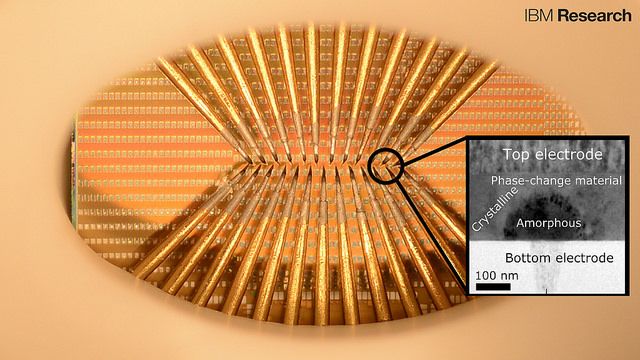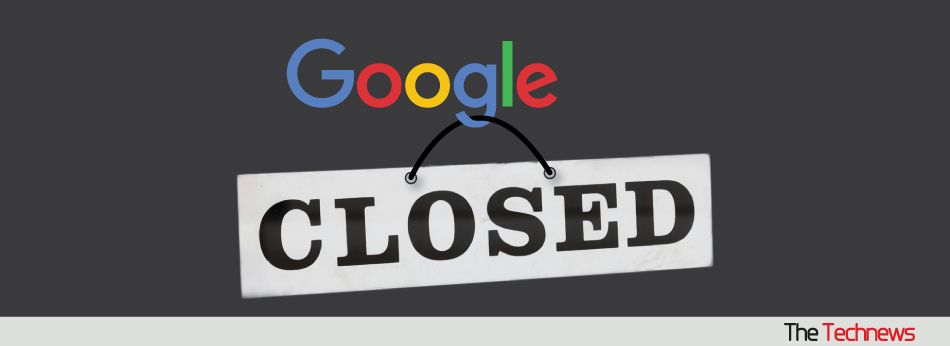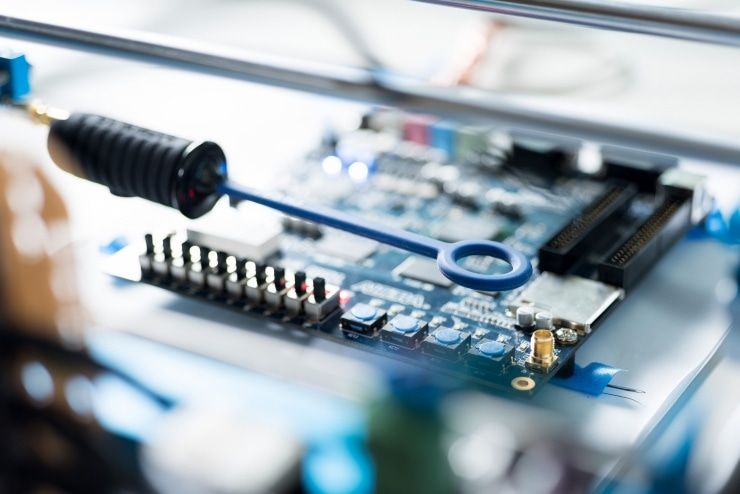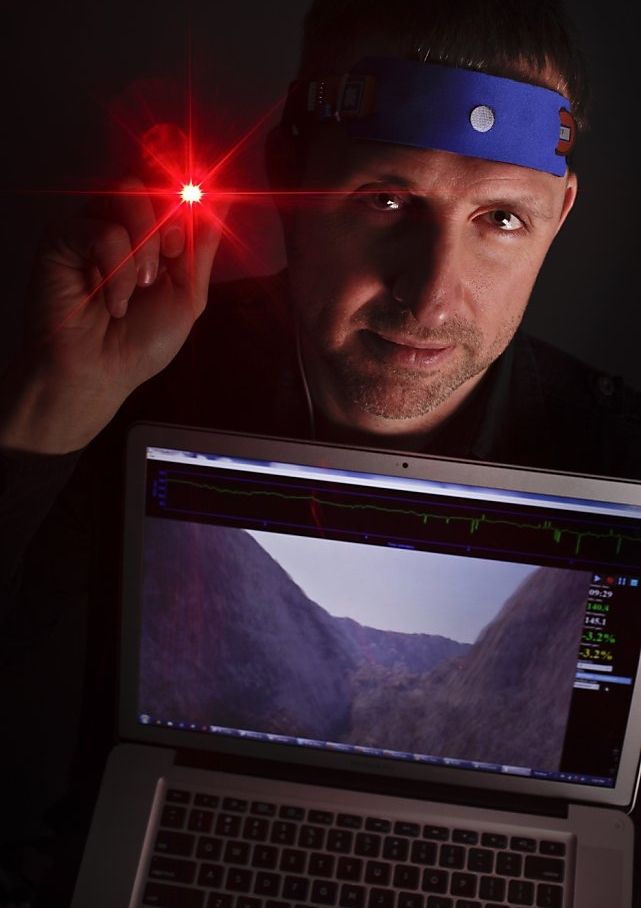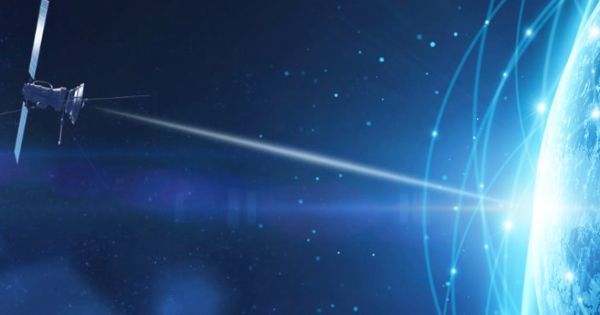Nice — another step forward for all things connected.
Scientists can now talk to and even command living cells–to a limited degree at the moment, but with massive implications for the future. MIT biological engineers have created a computer code that allows them to basically hijack living cells and control them. It works similarly to a translation service, using a programming language to create a function for a cell in the form of a DNA sequence. Once it’s scalable, the invention has major ramifications. Future applications could include designing cells that produce a cancer drug when a tumor is detected or creating yeast cells that halt their own fermentation if too many toxic byproducts build up.
That’s not to imply it isn’t a big deal already. The code allows anyone, even someone without a biology background, to modify a pre-existing cell. All that’s required is knowledge of the programming language, which is based on one commonly used for computer chips called Verilog. “You could be completely naive as to how any of it works,” MIT biological engineering professor Christopher Voigt said in a press release. “That’s what’s really different about this. You could be a student in high school and go onto the Web-based server and type out the program you want, and it spits back the DNA sequence.” To learn more, read the full story here. For more on the confluence of biology and technology, watch this TED Talk below.
